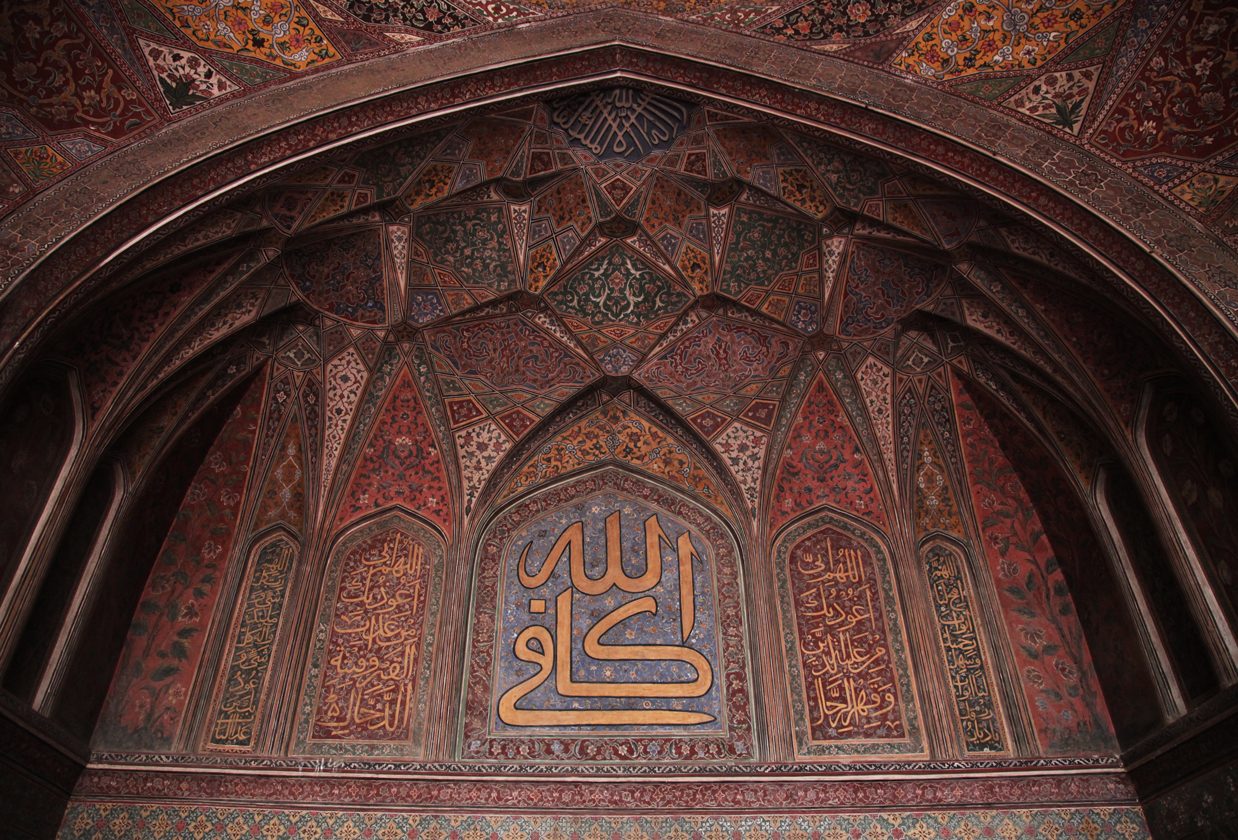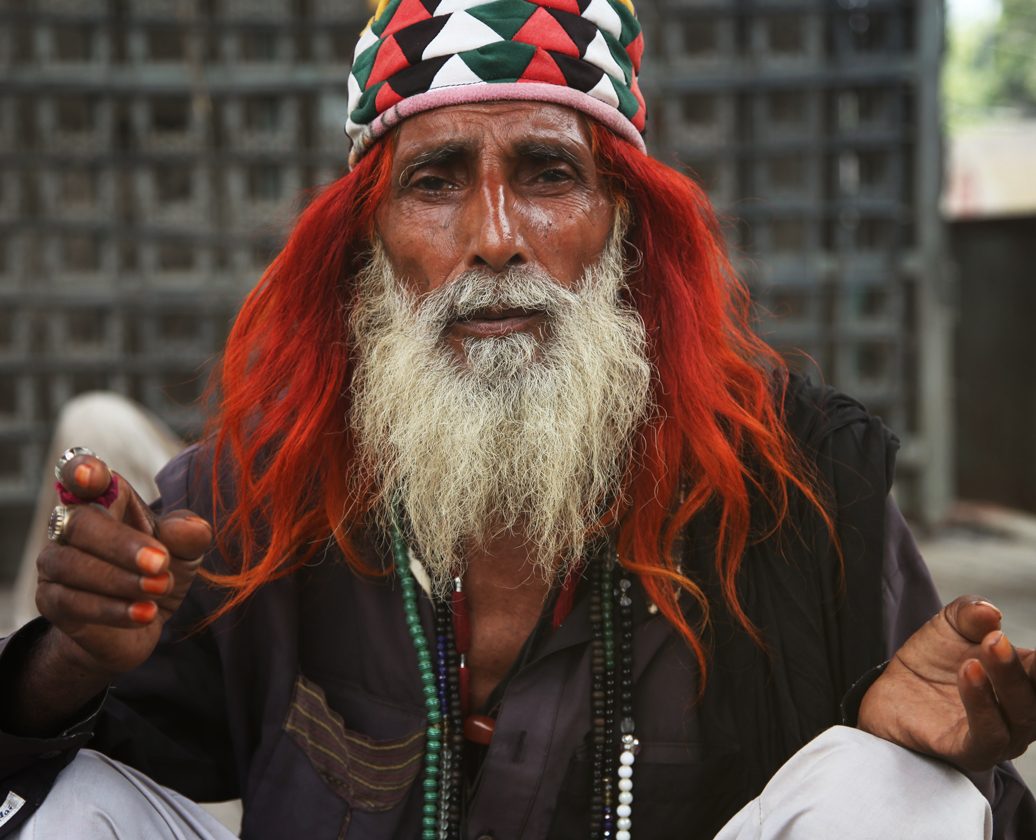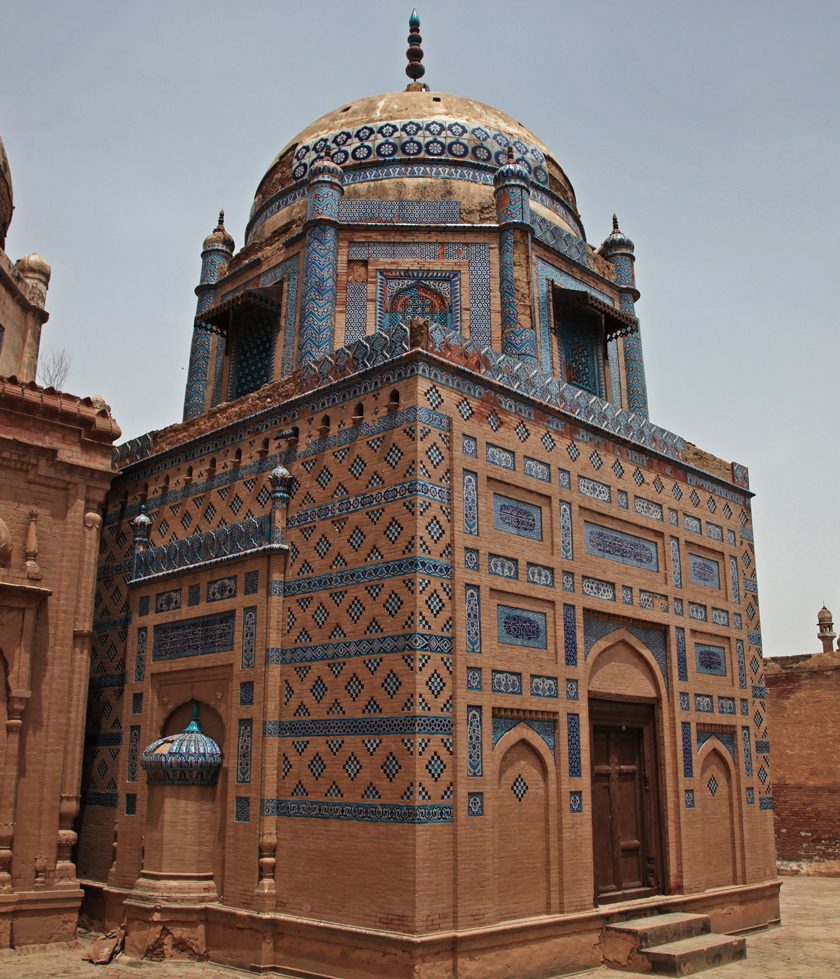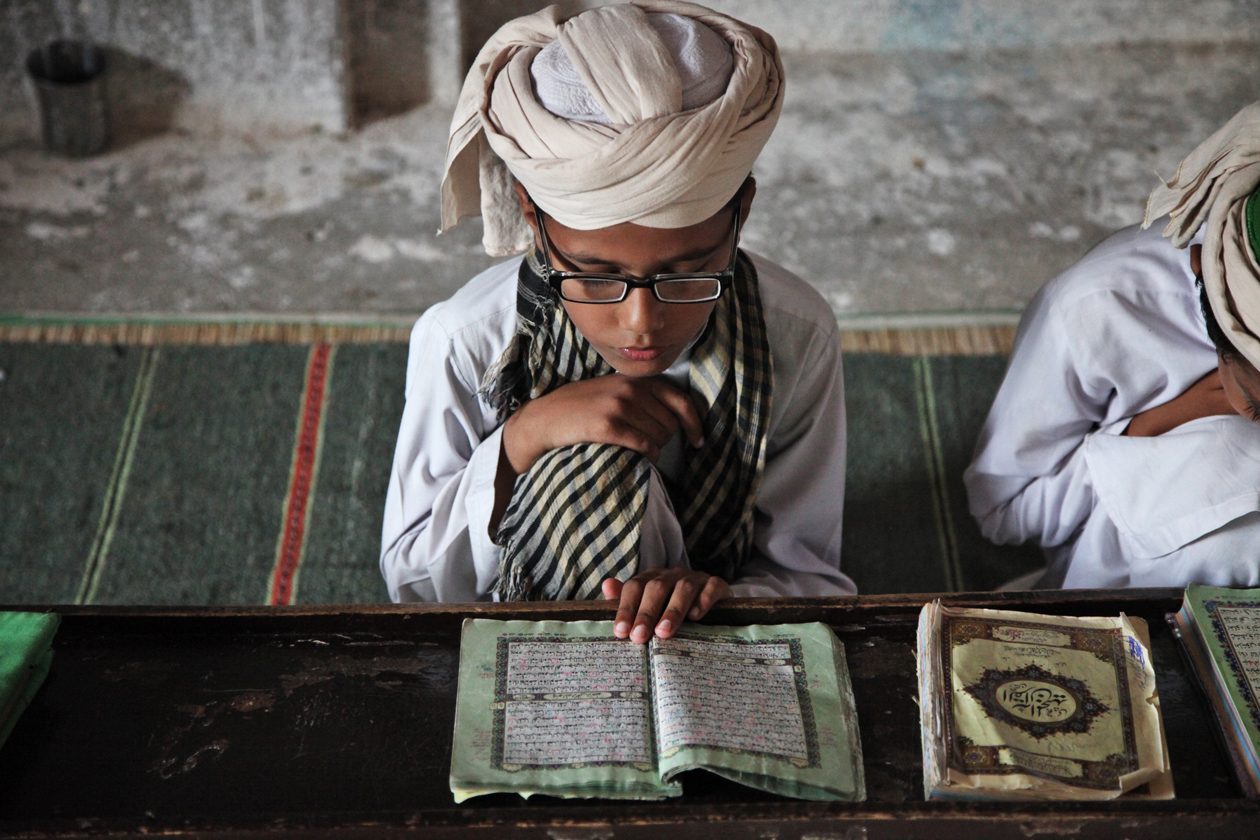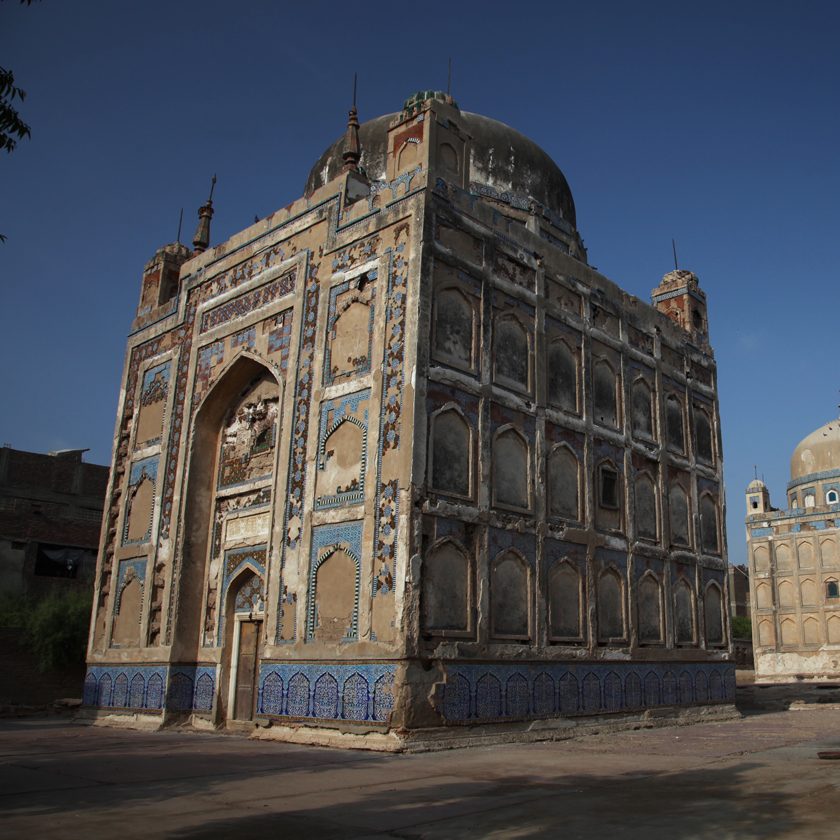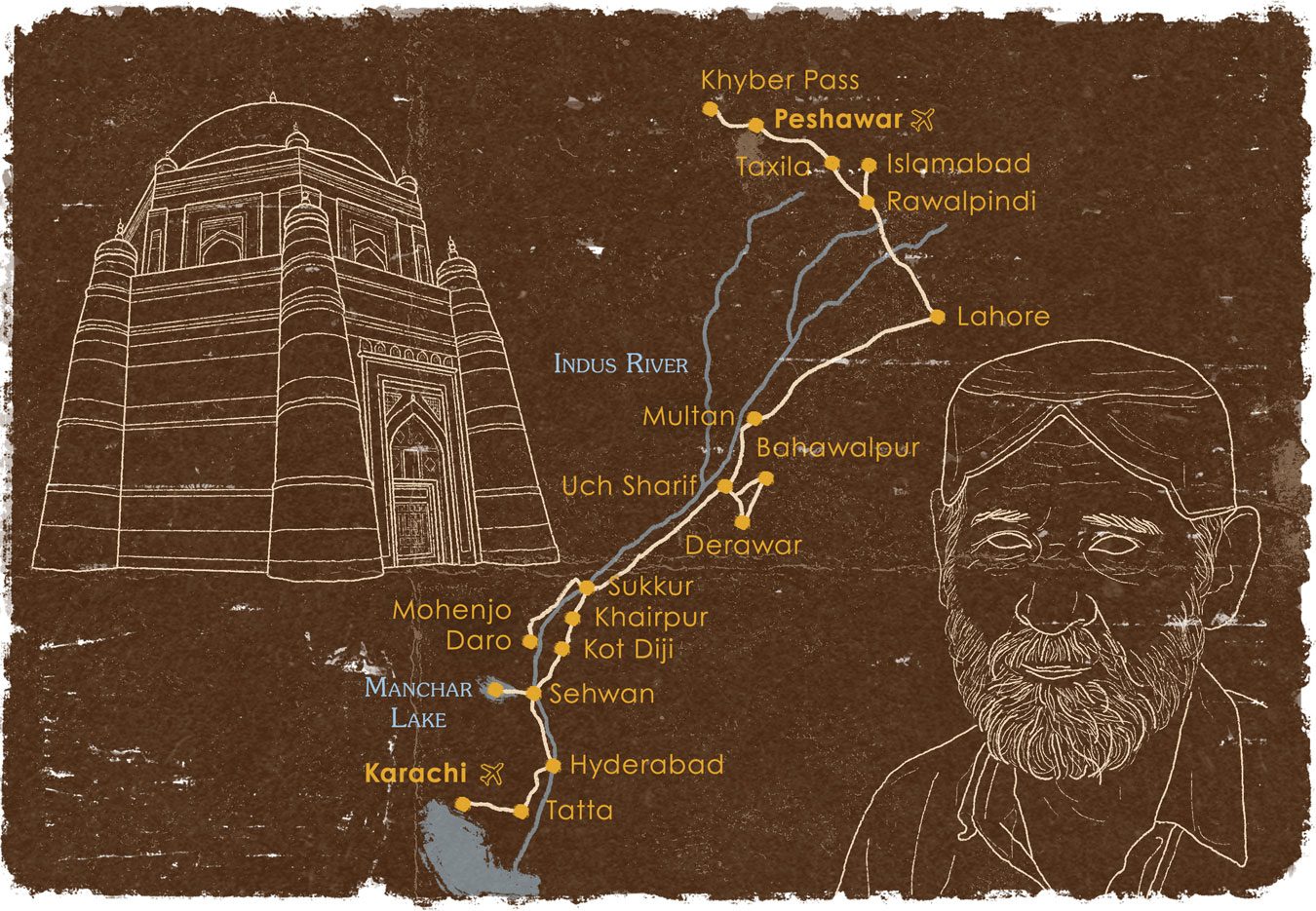Visit Mohenjo Daro, the jewel of the Indus Valley
Mohenjo Daro was one of the world's earliest and most advanced planned urban settlements. While our European ancestors were still living in caves, between 3000 and 1500 B.C. there existed a culture that inhabited houses with 2 floors, with a cooling system, bathrooms and running water, cotton, grain and grape crops and a fleet for river and land trade with Mesopotamia, Persia and Arabia. In 1980 UNESCO declared the Mohenjo-Daro as a World Heritage Site.
We will penetrate the entrails of mythical cities of Pakistan
Peshawar Peshawar is a mythical ancient city where history is breathed everywhere. Founded in the 2c by Kanishka, king of the Kushan Empire. Exploration of the city and visit to the Bala Hisar Fortress, the Museum, the Mahabat Khan Mosque, the Shinwar square, the Khyber and Khawani bazaars with its old Storytelling street, where we will observe a large number of Afghan refugees, mainly recognizable by the burqa used by women. Taxila Political and cultural center of the Gandhara kingdom, it was built at the confluence of the three main trade routes: the Bactriana towards central Asia, the Kashmir towards India and the Khunjerab pass towards China. Islamabad Visit of the Faisal Mosque of Islamabad, the most iconic monument of the Pakistani capital. Lahore It was the historical center of the Mughal Empire. It is currently the city most beautiful and the cultural, intellectual and artistic center of Pakistan. Visit to the Badshahi Mosque (1647) and urban tour through the walled center of the city. We will also visit the Fort Complex with its palaces and tombs of Jaganhir surrounded by Persian gardens. We will end up getting lost in the bazaars of the walled city. Multan This historic city on the banks of the Chena River sinks its history back more than 5,000 years from the Harapian era. Zoroastrian pilgrimage center to the Temple of the Sun, conquered by Alexander the Great and under the Abassi Empire. In the 11th and 12th centuries it attracted numerous Sufi mystics, being called the City of Saints, its magnificent Mausoleums adorn the city. The most famous of them, Rukn-ud-Din, was restored in 1980, returning it to all its splendor. It has remained a great commercial center since medieval times thanks to its bazaar. Thatta City of great importance from the 14th century and during 4 Muslim dynasties, where we will visit the Makli Hill Necropolis, a World Heritage Site. Multitude of funerary monuments from the 14th to the 18th centuries exquisitely carved in sandstone with floral and geometric motifs and covered with tiles, among which the Mausoleum of Mirza Jani Beg, the last ruler of the Tarkhan dynasty, stands out.
Amalgamation of cultures
The route is designed to follow the trail of a large number of cultures that left their mark on Pakistan. The Persian Empire, the Macedonia of Alexander the Great and the Maurya Empire are some of them. We will get to know cultures such as the Pashtun, the Gandhara, the Mughal and the Mohana. The latter are a Dravidian group (the first inhabitants of the Indos River Valley). We will meet some traditional families who live in wooden boats. In Karachi we will visit the 'African' neighborhood to meet the Siddi. This community is originally from Africa and arrived as slaves from Zanzibar over the centuries. They are currently Sunni Muslims but have preserved their traditional music (percussion), dances and are followers of the pre-Islamic cult of the crocodile.
We will discover the origin of the gypsy ethnic group
The gypsy people are originally from the Indus Valley of Pakistan, from where they spread to the East to India and to the West, reaching the Iberian Peninsula in the 15th century. There they created a culture with a unique look that continues to connect them with their relatives from the East.
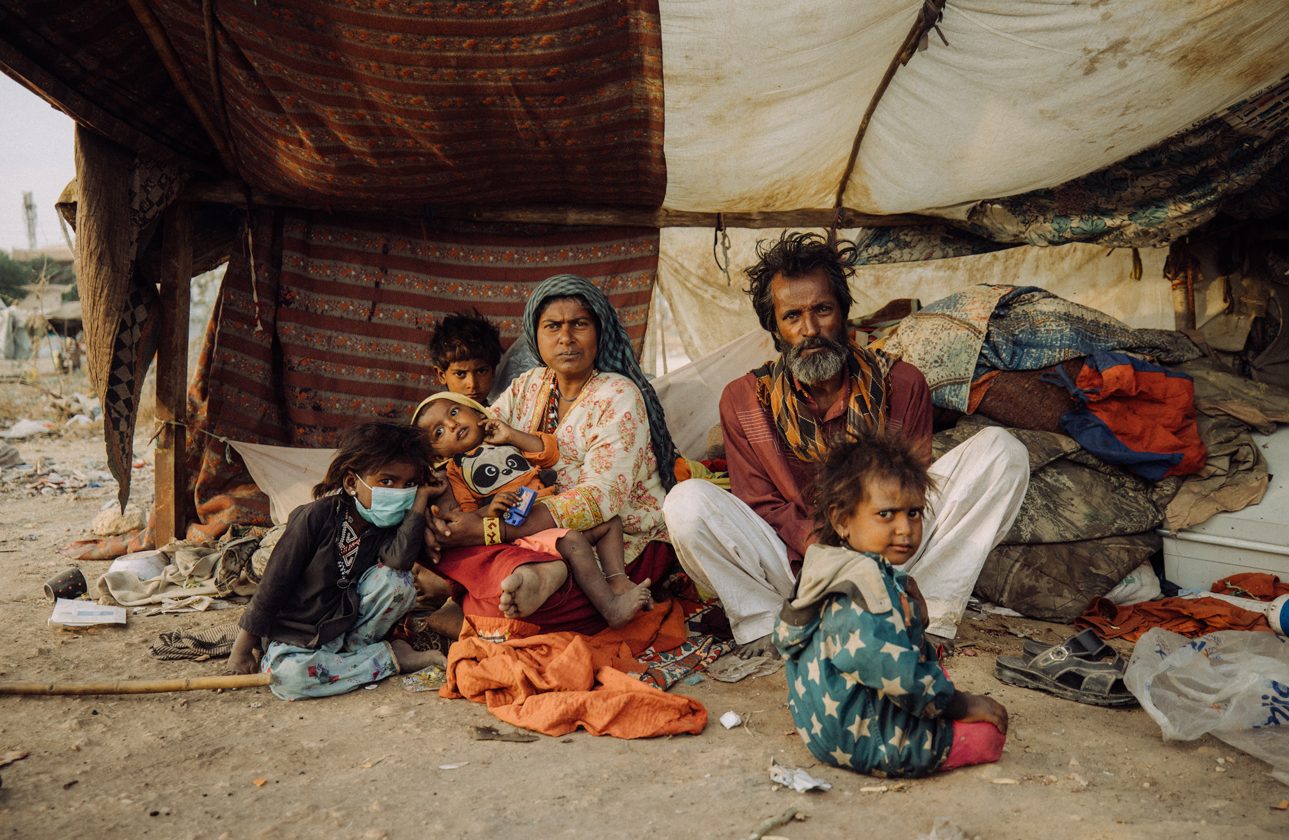
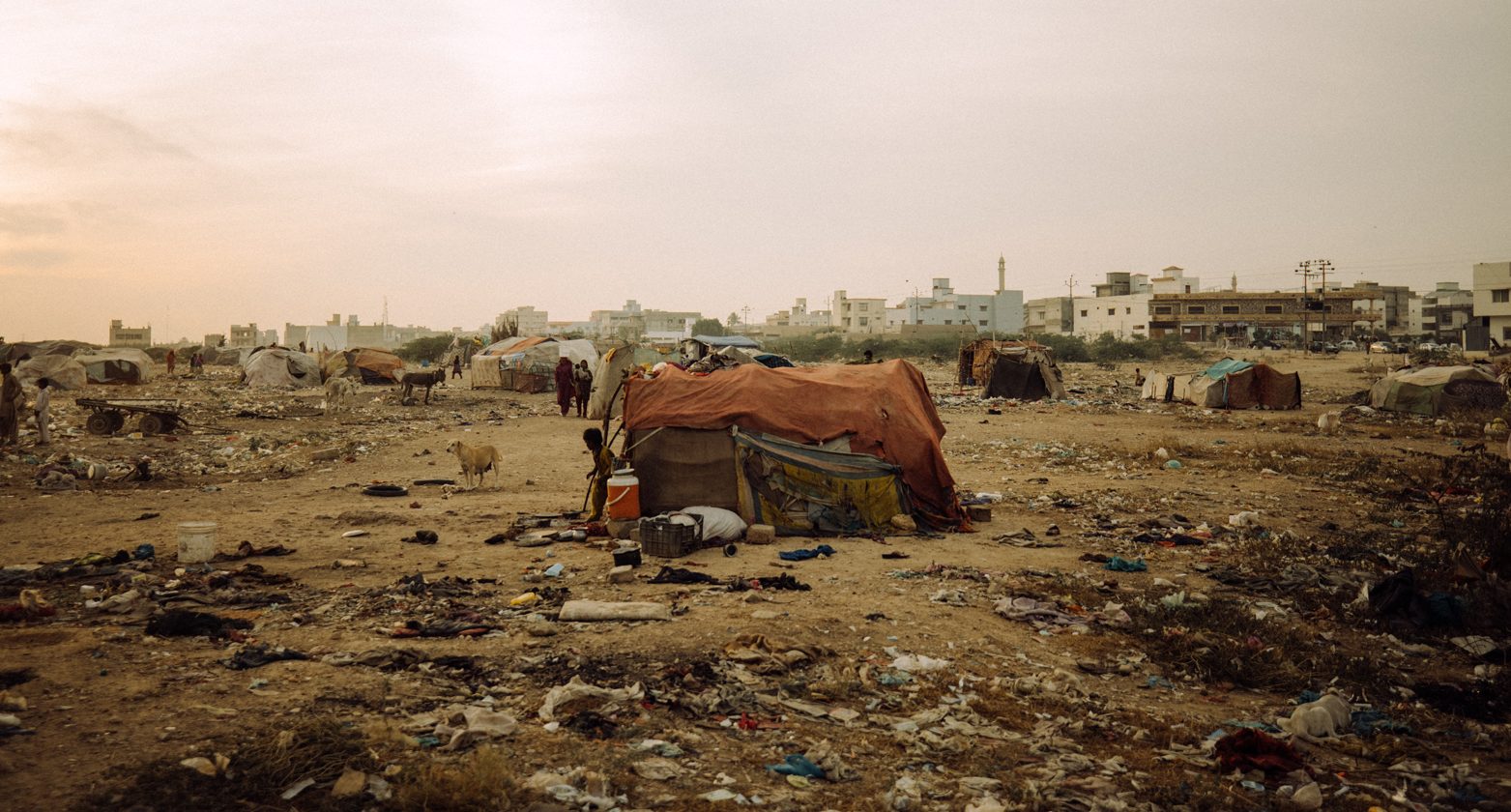
We will enjoy the great architectural stylistic diversity
Pakistani architecture is a mixture of different types of traditional architecture: Harappan, Gandharan, Hindu, Jain and Indo-Islamic. Throughout the itinerary we can enjoy this great stylistic diversity. Uch Sarif Its most precious monument is the Mausoleum of Bibi Jawindi from the year 1493, proposed for World Heritage. Octagonal in plan, with three staggered floors and ending in a dome, it is decorated with cobalt and turquoise tiles in the style of Samarkand. Talk about "Sufism". Ascetic, heterodox, pantheistic and mystical religious doctrine of Islam.
Discover the lesser known corners of Pakistan. Click here to easily reach the itinerary download form.
